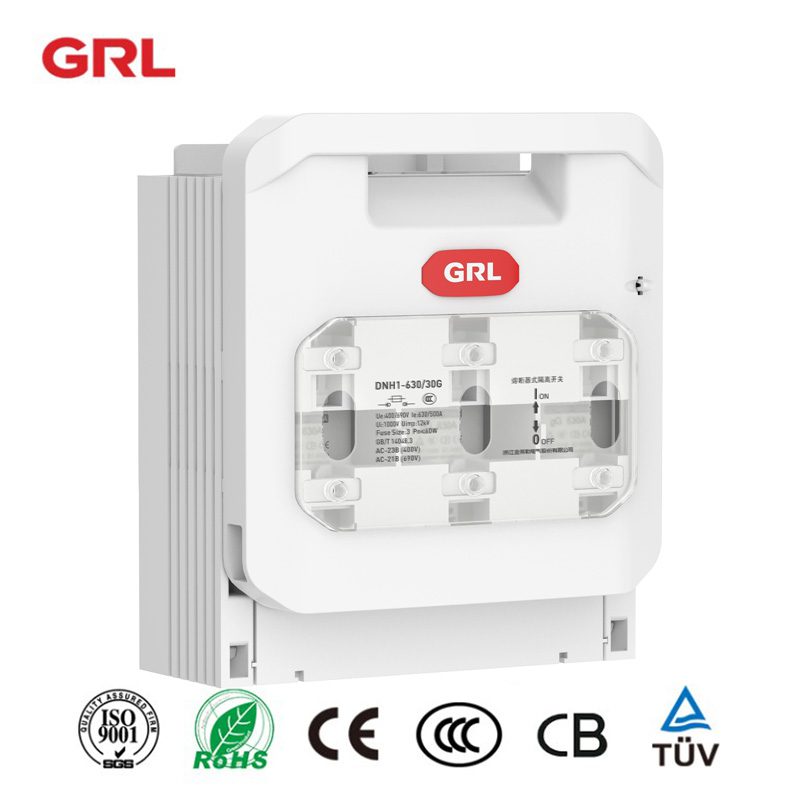
html
Fuse Isolator: Essential Protection for Electrical Systems
In any electrical system, safety and reliability are paramount. One of the key components ensuring these qualities is the fuse isolator. This device plays a critical role in protecting circuits from overloads and short circuits while providing a means to safely isolate sections of the system for maintenance or repairs.
What Is a Fuse Isolator?
A fuse isolator is a combination of a fuse and an isolator switch. The fuse provides overcurrent protection by breaking the circuit when excessive current flows, while the isolator allows manual disconnection of the circuit for safety purposes. Together, they offer a robust solution for managing electrical faults and ensuring safe working conditions.
Key Features of Fuse Isolators
Fuse isolators come with several important features that make them indispensable in electrical systems:
- Overcurrent Protection: The fuse element melts under excessive current, preventing damage to equipment.
- Manual Isolation: The isolator switch allows operators to safely disconnect the circuit without removing the fuse.
- Visual Indication: Many models provide a clear indication of whether the circuit is open or closed.
- Durability: Designed to withstand harsh environments, fuse isolators are built for long-term reliability.
Applications of Fuse Isolators
Fuse isolators are widely used across various industries and applications, including:
- Industrial control panels
- Power distribution systems
- Renewable energy installations
- Commercial and residential electrical systems
Choosing the Right Fuse Isolator
Selecting the appropriate fuse isolator depends on several factors:
Keyword: Fuse Isolator
- Current Rating: Must match or exceed the expected load current.
- Voltage Rating: Should be compatible with the system voltage.
- Breaking Capacity: Must be sufficient to handle potential fault currents.
- Environmental Conditions: Consider factors like temperature, humidity, and exposure to chemicals.
Installation and Maintenance Tips
Proper installation and maintenance are crucial for optimal performance:
- Always follow manufacturer guidelines for installation.
- Ensure proper torque when connecting cables to prevent overheating.
- Regularly inspect for signs of wear or damage.
- Replace fuses with identical ratings to maintain protection levels.
Conclusion
The fuse isolator is a fundamental component in modern electrical systems, providing both protection and isolation capabilities. By understanding its features, applications, and proper selection criteria, electrical professionals can ensure safer and more reliable operations. Whether in industrial settings or residential applications, fuse isolators continue to play a vital role in electrical safety.